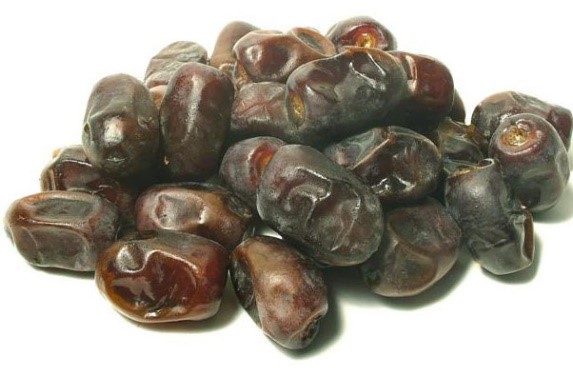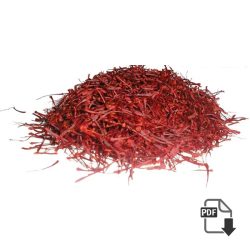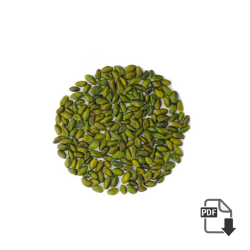Can Dogs Eat Raisins? Understanding the Risks and Safe Alternatives
Introduction to Dogs and Raisins
As a dog owner, it’s natural to want to share your snacks with your furry friend. However, not all human foods are safe for dogs. One food that often raises concern is raisins. Can dogs eat raisins? The answer is a resounding no. Raisins, along with grapes, are highly toxic to dogs and can lead to severe health issues. This guide will help you understand why raisins are dangerous for dogs, what symptoms to watch for, and what to do if your dog accidentally consumes raisins.
Green Raisins ( Jumbo Raisins ) wholesale price + analysis + sale
H1: Why Raisins Are Dangerous for Dogs
Raisins might seem like a harmless treat, but they pose a significant threat to your dog’s health. Even a small quantity can cause severe reactions, and in some cases, can be life-threatening.
- Toxicity: The exact substance in raisins that causes toxicity in dogs is still unknown, but the effects are well-documented. Raisins can cause acute kidney failure, which can occur quickly and with potentially fatal consequences.
- Individual Sensitivity: Different dogs have different levels of sensitivity to raisins. While some dogs may eat a few raisins without immediate symptoms, others may develop serious health issues from even a small amount. It’s important to note that there is no safe amount of raisins that can be given to dogs.
H2: Symptoms of Raisin Toxicity in Dogs
If your dog has ingested raisins, it’s crucial to act quickly. Knowing the signs of raisin toxicity can help you get the necessary treatment for your dog as soon as possible.
- Early Symptoms: The first signs of raisin poisoning typically appear within a few hours of ingestion. These can include vomiting, diarrhea, and loss of appetite. Your dog may also appear lethargic or unusually quiet.
- Advanced Symptoms: As the toxin progresses, more severe symptoms can develop. These include dehydration, increased thirst, reduced or no urination, and abdominal pain. These symptoms are indicative of kidney failure, which requires immediate veterinary care.
- Emergency Action: If you suspect your dog has eaten raisins, contact your veterinarian immediately, even if no symptoms are present. Quick intervention is critical in preventing severe outcomes.
- Can you eat raw pistachios?
H3: Safe Alternatives and Preventative Measures
Preventing access to raisins is key to keeping your dog safe. There are also plenty of safe alternatives that your dog can enjoy without any risks.
- Safe Treats: If you want to give your dog a sweet treat, there are many dog-safe fruits and snacks available. Apples (without seeds), blueberries, and carrots are healthy and safe options that dogs usually love.
- Training and Awareness: Train your dog to avoid eating food off the floor or grabbing snacks without permission. It’s also essential to educate all members of your household about the dangers of raisins and other toxic foods.
- Storage and Prevention: Keep raisins and grapes out of reach of your dog, stored in high cabinets or securely closed containers. Be cautious during holidays or gatherings when raisins may be present in foods like cookies, cakes, or trail mixes.
- Iran dried fruit company
All Type Of Saffron
-
Saffron Powder Special price + analysis + sale offer
Saffron Powder is not a kind of saffron such as Negin or Pushal. It is a form of saffron, which producers make from grinding the saffron threads in the industrial scope. The final product color is slightly lighter than the…
-
bunch saffron Special wholesale price + analysis + sale offer
Bunch Saffron has different names, such as Dasteh Saffron or Dokhtar Pich Saffron (Dochtar Pitsch Saffron, or Dokhtar Saffron). Dasteh Saffron is the complete stigma (filament) of saffron in bundles. In other words, it contains the stigma with the whole…
-
mancha saffron ( Pushal ) Special wholesale price + analysis + sale offer
Mancha Saffron is the stigma part. Since in Pushal is not cut like Allred during production so the complete red-colored parts are maintained along with a little bit of the orange-colored threads. All the three stigma threads are attached like…
-
Sargol Saffron | most economical saffron for import
Sargol Saffron | most economical saffron for import : sargol saffron consists only of Dark Red Stigma (thread) Tips. So. in other words all the white and orange parts are removed. This saffron is the second most expensive type of…
-
all red saffron | super negin saffron Special price + analysis + sale offer
All Red Saffron | Super Negin Saffron | Best Iranian Saffron : Negin Saffron is the most expensive type of Saffron because it has the highest quality compared to other types. When three stigma threads are attached together we call…


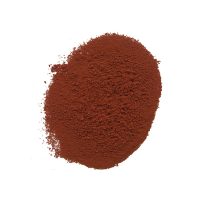
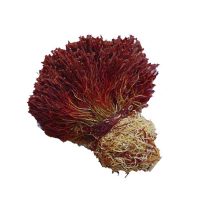
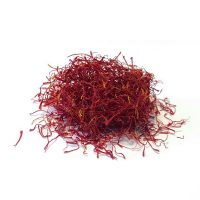
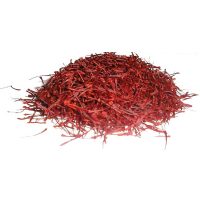
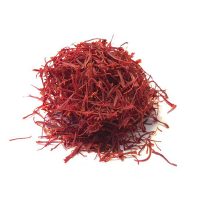



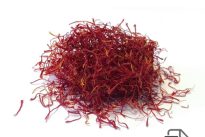
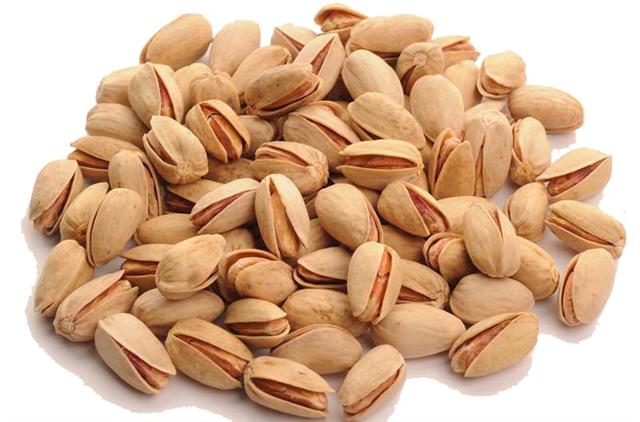
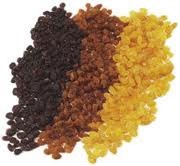 3 kind raisin
3 kind raisin 